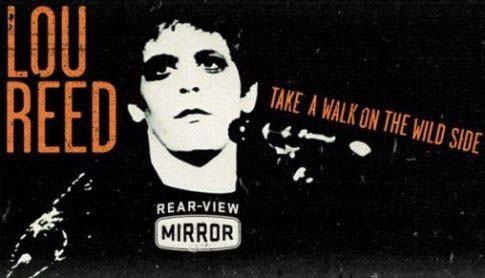
Jungian Therapy, Individuation & the Late Lou Reed
Does it seem shocking that a rock musician like the late Lou Reed should be in a post on Jungian therapy and individuation? Lou Reed passed this week, and he was a very controversial figure -- even polarizing. But there is one thing that even…








